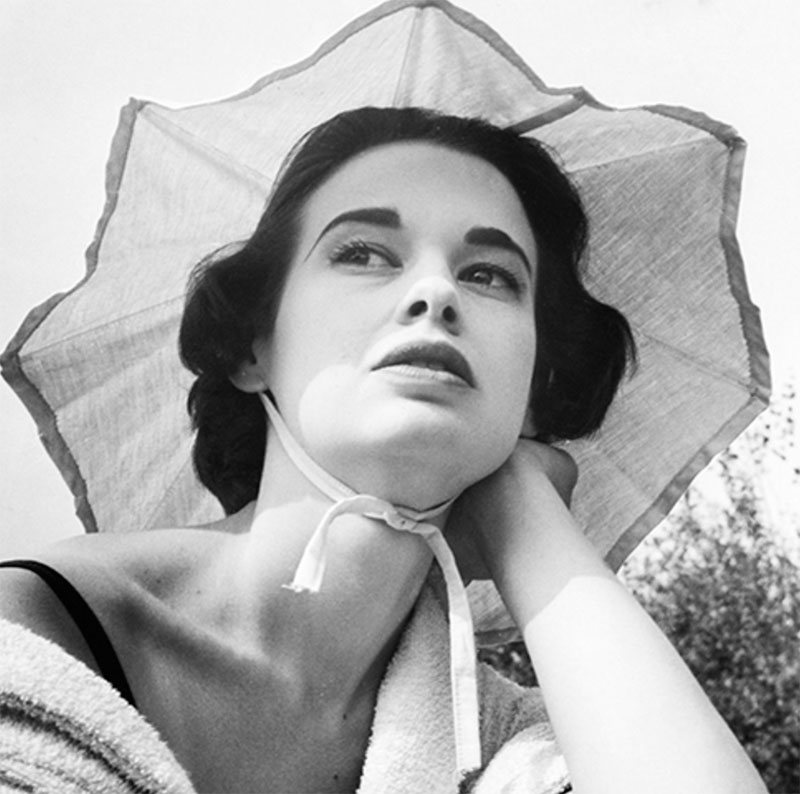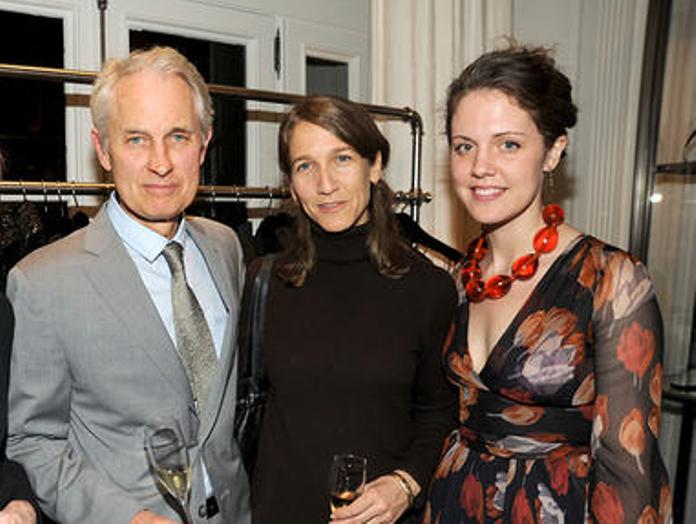Leopold Stanislaus Stokowski: The Visionary Conductor Who Redefined Classical Music
Leopold Stanislaus Stokowski, a name synonymous with innovation and excellence in classical music, remains one of the most celebrated conductors in history. His unique style and groundbreaking techniques left an indelible mark on the world of symphonic performance. Through his relentless pursuit of perfection, Stokowski transformed the role of the conductor from a mere guide to an artistic visionary.
Born into a world where classical music was largely confined to elite audiences, Stokowski sought to democratize the art form, making it accessible to the masses. His efforts in popularizing classical music through radio broadcasts, films, and innovative recording techniques were revolutionary for his time. By doing so, he bridged the gap between the concert hall and the living room, bringing the beauty of orchestral music to people worldwide.
This article delves deep into the life and legacy of Leopold Stokowski, exploring his contributions to the world of music, his personal journey, and the enduring impact of his work. Whether you're a classical music enthusiast or simply curious about one of history's most influential figures, this exploration will provide valuable insights into the life and career of this legendary conductor.
Read also:Unveiling The Iconic Grease Frenchy Outfits A Timeless Fashion Exploration
Table of Contents
- Biography of Leopold Stokowski
- Early Life and Education
- Career Highlights
- Musical Innovations
- Popularization of Classical Music
- Conducting Techniques
- Legacy and Influence
- Controversies and Criticisms
- Awards and Recognition
- Conclusion
Biography of Leopold Stanislaus Stokowski
Personal Data and Overview
Leopold Stanislaus Stokowski was born on April 18, 1882, in London, England. Of Polish and Irish descent, his multicultural background played a significant role in shaping his musical identity. Below is a concise overview of his personal details:
| Full Name | Leopold Stanislaus Stokowski |
|---|---|
| Date of Birth | April 18, 1882 |
| Place of Birth | London, England |
| Nationality | British |
| Occupation | Conductor, Composer, Musician |
| Date of Death | September 13, 1977 |
Early Life and Education
Leopold Stokowski's early life was marked by a profound love for music, nurtured by his parents who were both musicians. His father, a Polish violinist, and his mother, an Irish singer, introduced him to the world of classical music at a young age. By the age of six, Stokowski was already playing the piano and violin with remarkable skill.
His formal education began at the Royal College of Music in London, where he studied piano, organ, and composition. At just sixteen, he became the youngest person to receive the prestigious Fellowship of the Royal College of Organists. This early recognition set the stage for his illustrious career in music.
Career Highlights
Stokowski's career as a conductor began in earnest when he was appointed the music director of the Cincinnati Symphony Orchestra in 1909. This marked the beginning of a series of appointments that would see him lead some of the most prestigious orchestras in the world, including the Philadelphia Orchestra, where he served from 1912 to 1938.
During his tenure with the Philadelphia Orchestra, Stokowski introduced several innovations, including the use of antiphonal violins and a more fluid conducting style. These changes enhanced the orchestra's sound and earned him widespread acclaim.
Musical Innovations
Revolutionizing the Orchestra
One of Stokowski's most notable contributions to classical music was his innovative approach to orchestral performance. He was one of the first conductors to experiment with the seating arrangement of musicians, placing the violins on opposite sides of the stage to create a stereo effect.
Read also:Eye Makeup For Older Eyes Enhance Your Beauty With Confidence
- Introduced antiphonal violins to enhance the orchestra's sound.
- Developed a more fluid and expressive conducting style.
- Experimented with acoustics to improve the listening experience.
Popularization of Classical Music
Stokowski played a pivotal role in making classical music accessible to a wider audience. He was one of the first conductors to embrace new technologies, such as radio broadcasts and film soundtracks, to reach a broader public.
His collaboration with Walt Disney on the iconic film "Fantasia" brought classical music to millions of people worldwide. The film's success demonstrated the power of music to transcend cultural and linguistic barriers, further cementing Stokowski's reputation as a pioneer in the field.
Conducting Techniques
Unique Style and Approach
Stokowski's conducting style was characterized by its dramatic flair and emotional intensity. He believed that the conductor's role was not merely to guide the orchestra but to inspire and elevate the performance to new heights.
Key aspects of his technique included:
- Emphasis on dynamic contrasts to enhance musical expression.
- Use of gestures to convey musical ideas and emotions.
- Focus on precision and clarity in execution.
Legacy and Influence
Leopold Stokowski's legacy extends far beyond his lifetime. His innovative approaches to orchestral performance and his efforts to popularize classical music have left an enduring impact on the world of music. Countless conductors and musicians have been inspired by his work, and his recordings continue to be studied and admired by music enthusiasts worldwide.
Today, Stokowski is remembered as a visionary who pushed the boundaries of classical music, making it more accessible and engaging for audiences everywhere.
Controversies and Criticisms
Despite his many achievements, Stokowski was not without his critics. Some traditionalists viewed his innovations as controversial, arguing that they deviated too far from established norms. Others criticized his flamboyant style, suggesting it detracted from the music itself.
However, Stokowski remained undeterred, believing that art should evolve and adapt to changing times. His unwavering commitment to his vision ultimately won him the respect and admiration of his peers and the public alike.
Awards and Recognition
Throughout his career, Stokowski received numerous awards and honors in recognition of his contributions to music. Some of his most notable accolades include:
- Order of the British Empire (1931)
- Honorary Doctorate from the University of Pennsylvania (1938)
- Grammy Award for Best Classical Album (1972)
Conclusion
Leopold Stanislaus Stokowski was a towering figure in the world of classical music, whose innovations and dedication to his craft left an indelible mark on the art form. From his early days as a prodigious talent to his later years as a revered conductor, Stokowski's life and career were defined by his passion for music and his commitment to making it accessible to all.
We invite you to share your thoughts and insights in the comments below. Whether you're inspired by Stokowski's legacy or curious to learn more about his contributions, your feedback is invaluable. Additionally, feel free to explore other articles on our site to discover more fascinating stories from the world of music and beyond.
For further reading, consider exploring the following sources:
- Stokowski, Leopold. The Essential Stokowski. Dover Publications, 1987.
- Adams, Byron. Leopold Stokowski: A Catalogue of His Recordings. Greenwood Press, 1996.
- Wikipedia contributors. "Leopold Stokowski." Wikipedia, The Free Encyclopedia. Accessed February 2023.


